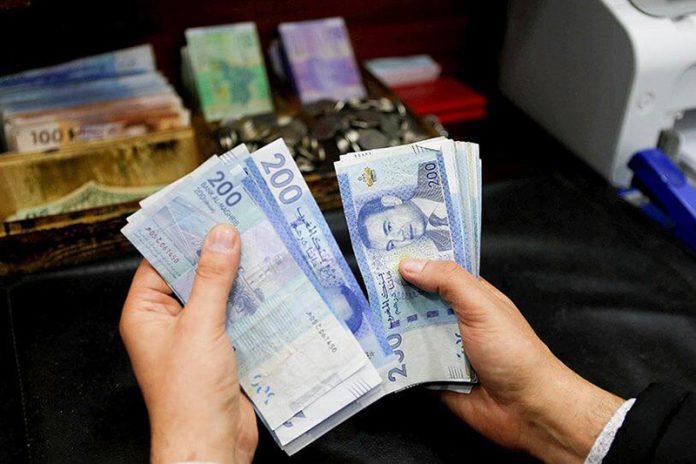Money laundering and terrorist financing pose serious threats to the integrity of the global financial system. In response, Morocco has taken significant steps to strengthen its legal and institutional framework. As part of these efforts, Bank Al-Maghrib, the National Financial Intelligence Authority (ANRF), the National Commission for the Implementation of UN Sanctions (CNASNU), the Moroccan Capital Market Authority (AMMC), and the Insurance and Social Welfare Supervisory Authority (ACAPS) have jointly released a comprehensive new guide to reinforce the country’s fight against financial crimes.
Money laundering typically unfolds in three stages: first, illicit funds are introduced into the financial system; next, they are disguised through complex transactions to obscure their origin; and finally, they are reintroduced into the economy under the appearance of legitimate assets. This process enables criminal organizations to legitimize proceeds from illegal activities, fueling crime and economic instability. Terrorist financing, on the other hand, involves the collection and transfer of funds to support criminal acts. A major challenge in combating this issue is that these funds can originate from entirely legal sources, making detection much more difficult.
A major milestone in Morocco’s efforts came in February 2023 when the country was removed from the Financial Action Task Force (FATF) “grey list,” which includes nations under increased monitoring for deficiencies in anti-money laundering and counter-terrorism financing regulations. This achievement was made possible through comprehensive legal reforms aligning Morocco with FATF’s 40 recommendations. The nation has established a strict legal framework, notably through Law No. 43-05, which imposes heightened due diligence requirements on banks, insurance companies, and other regulated sectors to monitor financial transactions more closely.
Financial institutions are now obligated to report any suspicious transactions and to track cash operations exceeding 100,000 dirhams. If any concerns arise, a formal suspicion report must be submitted to the ANRF, which then analyzes the case and forwards relevant information to law enforcement authorities. Additionally, institutions must retain records of suspicious transactions for at least five years, ensuring that investigators can access necessary documentation when needed.
Moroccan authorities play a crucial role in ensuring the effectiveness of these measures. Bank Al-Maghrib oversees banks to enforce compliance with due diligence requirements. The ANRF handles the analysis of suspicious activity reports and, when warranted, escalates cases to judicial authorities. The CNASNU enforces international financial sanctions, such as asset freezes for individuals or entities suspected of financing illicit activities. The AMMC regulates financial market players, ensuring that brokerage firms and asset managers adhere to stringent regulations. Meanwhile, ACAPS monitors compliance among insurance companies and financial intermediaries.
Penalties for violations are severe. Individuals convicted of money laundering face prison sentences ranging from two to five years and fines between 50,000 and 500,000 dirhams. In cases of terrorist financing, sentences increase dramatically, with prison terms between five and 20 years and fines from 500,000 to 2,000,000 dirhams. Corporations found guilty of these offenses can face fines of up to 5,000,000 dirhams, and repeat offenders risk business dissolution. Furthermore, penalties are systematically doubled for repeat offenses, organized money laundering schemes, or cases where a professional position was abused to facilitate illicit transactions.
Beyond legal sanctions, Morocco’s strategy also emphasizes prevention and enhanced monitoring. Banks, insurance companies, and asset management firms are required to implement risk assessment mechanisms and continuous oversight. Financial professionals must undergo specialized training to recognize warning signs of money laundering and terrorist financing. Authorities stress the importance of increased cooperation between the public and private sectors, as well as international collaboration to prevent illicit financial flows from crossing borders.





